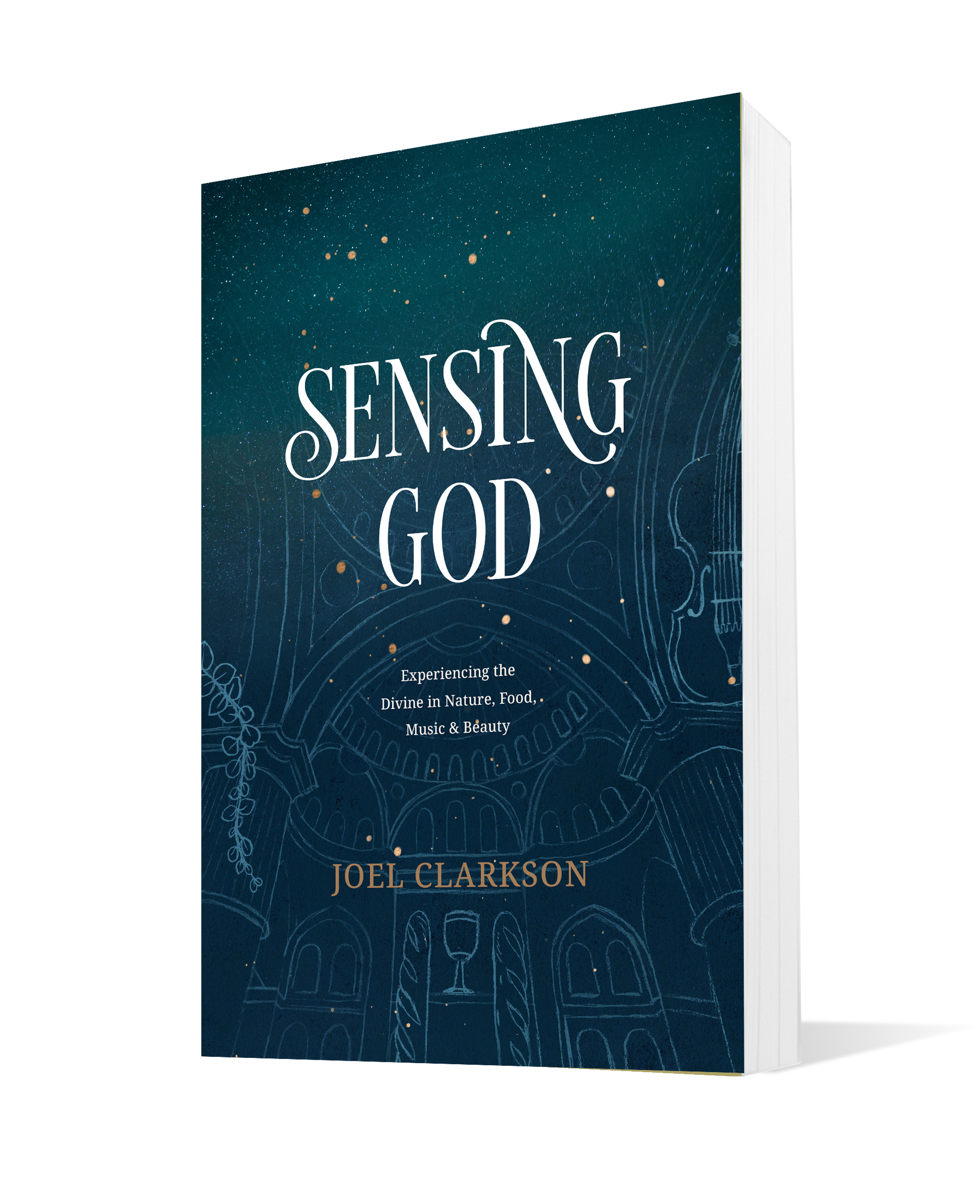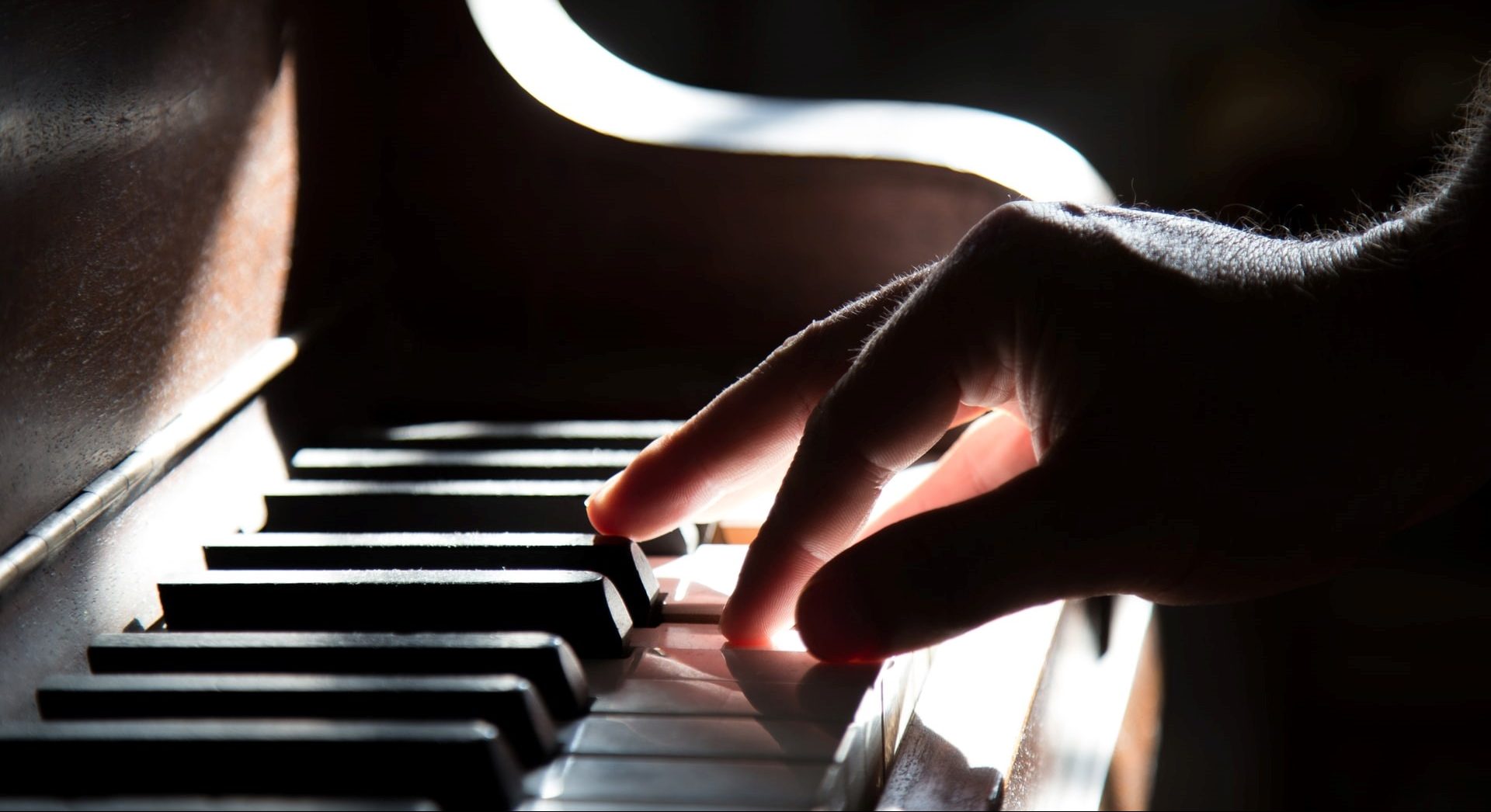It was with hushed anticipation that we all filed out of the noise and bustle of go-home traffic in the center of London into the awaiting performance auditorium. There is something unique about Royal Albert Hall that always invokes a sense of the impending arrival of something meaningful, but that night, in the many gathered there, a deeper stillness pressed outward past elegant dress and smiles of the audience. They held it in the quietude of their faces, in the hush of their voices. Even before the Tallis Scholars walked out onto the stage to begin their performance, there was a solemnity in the crowd, a corporate understanding, even without the experience of the music to come, what it was we had gathered to commemorate.
The lights went down and the hush became a silence pregnant with expectation. Out of that silence, music began to rise up. A warm, harmonious bed of suspended strings wafted into the awaiting space, gracing us like a gentle wind, and then was gone just as quickly, the stillness returning as if a question.
Suddenly into the emptiness of that query rushed an astonishing and pointillistic shout. Fos. The Greek word for light. As quick as it came, it was gone. Once again the strings rose up, but were being transformed; dissonance began to enter into this new sonic soundscape, a subtle but powerful wayward line breaking into the serenity of the original sound bed.
Again, as if defiantly pushing into the confusion, the harmonious and jubilant declaration of fos reverberated into the awaiting space, as if to render the dissonance as nothingness, unable to touch the vibrance of what was stated. Again and again the dance of discordance and consonance tumbled in the open space of the auditorium, a dramatic and mesmerizing battle of the bright and unmoving voices against the ever-morphing, increasingly strident tones of the strings underneath, until finally the light became suffuse, covering all and filling the space with extravagant mystery and infinitude.
This was not a light which comes and goes, a fleeting dance of luminance that alights on us and flits away. This was the light of heaven, the light in which God dwells, the radiance which Saint Paul says in 1 Timothy 6:16 is “so brilliant that no human can approach him.”
Light and Darkness
It is this light, this inaccessible brightness, which could burn us away into ash without a second thought, that somehow, through the invocation of the Holy Spirit, might somehow dwell within us. A light shining in the darkness, which the darkness could not comprehend. It was this light which was invoked, a light rooted in doxa—glory—a light with which every heart in that room that night pleaded to make itself real in each of us.
Because this was no ordinary night. This was August 4, 2014, exactly one hundred years to the day, the hour, the very minute, of England’s declaration of war against Germany. We were there to recall the darkness of four bloody, brutal years, a time in which the world descended into chaos and confusion, a time when it seemed like light might be extinguished and lost forever, buried under the mud and muck of death and destruction.
Into such an impossible, harrowing vision of the world, light was invoked, testing the endurance of such a potent darkness. And it was a palpable darkness indeed; for when those moments of music had finally completed their opening declaration of glory, an actor somberly walked on stage and intoned the words of the British foreign secretary in 1914, Sir Edward Grey, as he reflected on impending war: “The lamps are going out all over Europe. We shall not see them lit again in our lifetime.”[i]
And then, all over the room, the house lights truly were extinguished, and darkness fell on us all. Never before and never since have I experienced such a complete silence in a room with so many people; it was a silence borne not simply of the civic reverence of a people who have a profound sense of their own history, as the English often do. It was borne of the immediacy of the darkness in our own hearts, of the continued presence of discord, grief, and sadness that continues in countless ways in our own time and in our own lives. Yes, we had been captured by the invocation of light, but the darkness had rendered us speechless, unable to open our lips, waiting for an answer.
It was into that oppressive, enduring silence that new music began to ring out:
Little lamb, who made thee
Dost thou know who made thee[ii]
The simple, gentle words from William Blake’s mystical poem “The Lamb” were jarring; not only as a seemingly meager response to such a spectacularly heavy impingement of evil and despair but also because the music itself was suffuse with discordance. Somehow, it perfectly encased our sense of confusion, of suspense, but not because we had succumbed to the dark. Rather, because in the midst of that interwoven darkness and gentleness, we were recalled to the light that had only so recently been extinguished. In this music was the encounter with a Lamb who, by taking our disharmony and dissonance unto Himself, walked into the midst of our darkness and brought us light, brought us consonance and beauty. Out of the Lamb’s radical self-giving dissonance we would receive the consonance of resolution light, which had been planted in the soil of our hearts.
Experiencing the Light
As each voice began to intertwine with every other part, somewhere in the room, a candle was lit. And then suddenly it was on us all, a soft and yet defiant luminance, daring us to flare out against the darkness.
And in the intertwining of that that painful, illuminated music with the gathered shadow of dark, we knew that nothing could extinguish that fragile light.
Somehow, what had been mere harmony had become a word that spoke beyond our own capacity to communicate. The candlelight was the shining proof of what the music had done in our hearts. When we all walked out of that space into the nighttime of London, each of us was lit with the fire, the Holy Light, burning within our souls.
You see, on that evening in London it was not enough to simply know of light. On a night of such challenging remembrance, we needed more than to simply be told that the light was real; we needed to experience it. Music had taken mere words, static expressions of things like light and lambs, and sanctified them. It had moved our spirits beyond simply assenting to an idea, a concept, and had infused each concept with meaning, with a truth unspeakable in words alone.
Each person in that auditorium that evening knew intellectually of the existence of light, but in the face of what we were to walk through, we needed that light to be made manifest in us. And it was breath, just like the breath of the Holy Spirit, the light bringer, which shouted out the harmonies which buried themselves deep in our souls, planting the light as a promise. We weren’t simply told of the light, we were made participants in it through an utterance deeper than words. And when we were in the midst of our descent into darkness, waiting in silence, longing for that light to take on form and become a comfort to us, it was music which made the Lamb, our Lamb, real and palpable. Who made thee. . .[iii] The dissonance made that question all the more urgent in the confusion of darkness, and when the answer truly came, it showed us the truth: We are called by his name.[iv] Together, with the whole consecrated crowd gathered there, I raised my candle against the darkness.
This is the power of music; music operates in the world of encounter, which moves us past observers and invites us to become participants. Inherent within music is the knowledge that some truths are not communicable simply through words but must instead be encountered. Words are certainly able to plant the seed of truth deep in the soil of our hearts, but music animates the seed of truth buried within us and causes it to grow. In our most meaningful moments in life, we use music to imbue the ideas we intend to communicate with meaning. We have requiem music for funerals and wedding marches for marriage ceremonies; many of us know “Reveille” and “Taps” by heart, or other similar tunes in civic music, and merely hearing the beginning strains of our national anthem might instinctively cause us to stand or to draw our hands to our hearts. Music has that much power to invoke our passions, our affections. Music gives word to the inner voice inside that is unable to communicate through spoken word and articulates a spiritual landscape that we believe in by default but often find challenging to make real in our lives.
[i] Quoted in “Proms 2014: Commemorating the Outbreak of WWI with John Tavener and the Tallis Scholars,” The New Statesman, August 5, 2014, https://www.newstatesman.com/culture/2014/08/proms-2014-commemorating-outbreak-wwi-john-tavener-and-tallis-scholars.
[ii] William Blake, “The Lamb,” found in The Complete Poetry and Prose of William Blake, ed. David V. Erdman (Berkeley : University of California Press, 2008), 8.
[iii] Blake, “The Lamb,” 8.
[iv] Blake, “The Lamb,” 8.




Are you selling this book or do I find it in a bookstore?
Hello, Ellen! You can purchase this book at navpress.com, Amazon, or your favorite bookstore.